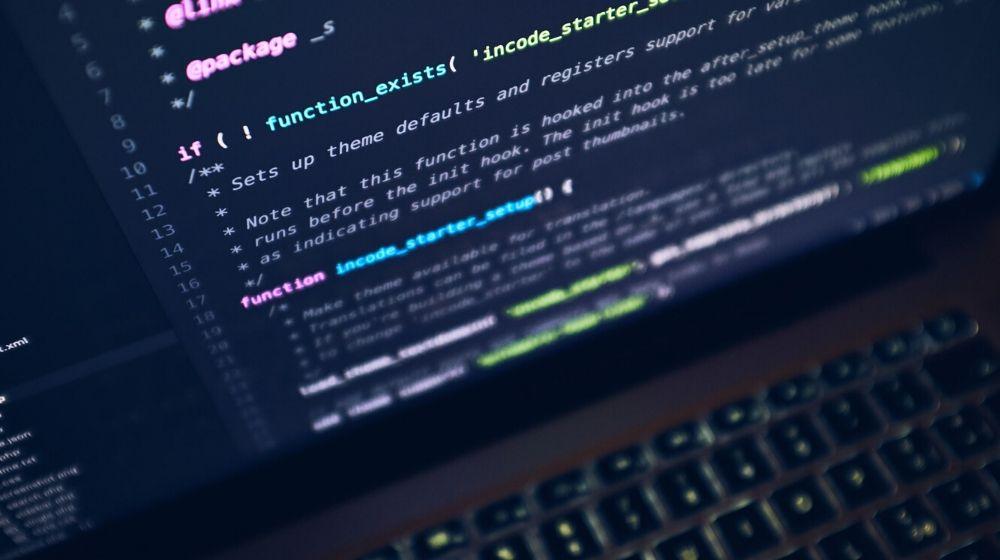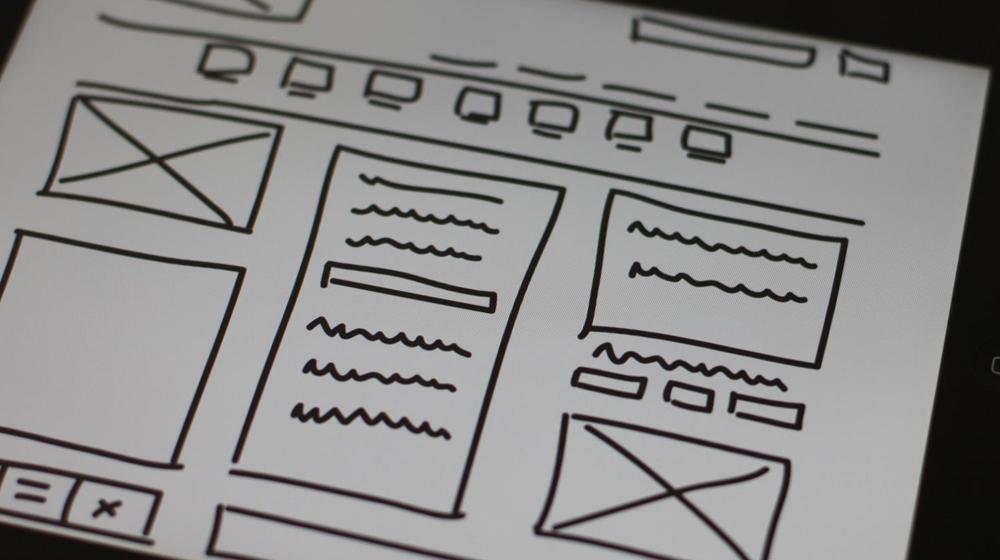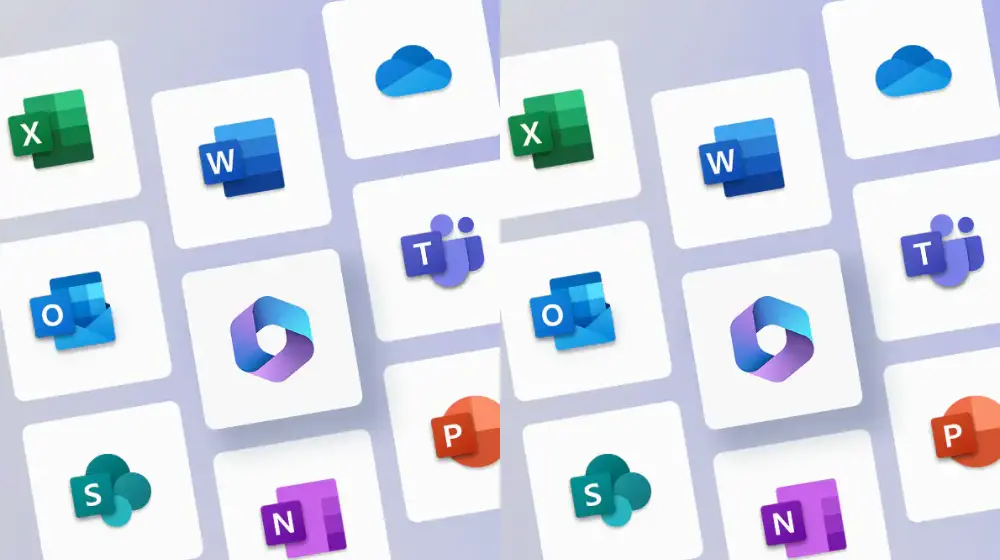PHP is one of the most widely-used web development programming languages across the world. As per data, PHP is used by 78% of all websites with a known server-side programming language. The two most important reasons for the popularity of PHP web development are its:
- Easier learning curve
- Wide usage across platforms since early 2000
PHP web development forms the base programming language for popular Content Management Systems (CMS) like WordPress, Joomla! and Drupal.
PHP is often challenged by new-age programming languages (Python, JavaScript) in terms of versatility and scalability.
But there is less doubt about the career scope of a PHP web developer, given the number of websites that are still using PHP as their main server-side language.
Editor's note: One of the best ways to impress clients is with a web professional certificate from GoDaddy Academy. Taught online by industry experts, the video-based certification ends with a live project-based assessment.
11 ways to sharpen your PHP web development skills
Since PHP has been in the market for the last two decades and is an easier language to start programming, you might find yourself surrounded by many other good PHP developers. Here are 11 ways to improve your PHP web development skills and stand out in the competitive environment.
- Commenting.
- PHP in-built functions.
- PHP framework.
- Variable naming.
- Configuration file.
- SQL injections.
- Error reporting.
- Database security.
- Database caching.
- Code editor.
- Networking.
Now let’s look at each of these items in detail.
Editor’s note: Easily manage multiple websites with our free tools — even update core, plugins and themes for all your sites with one click.
1. Commenting
Writing comments and technical specifications can increase the readability of your code. It is a lot easier for you in the future to recall the purpose of the code and also for someone else to understand it.
Commenting helps you in debugging your code or modifying the functionality of the website in later years.
I understand it can be frustrating to write detailed comments while you are in the flow of coding, but proper commenting goes a long way toward establishing you as a skilled programmer in the industry.
Related: Learn how to get more web development projects
2. PHP in-built functions

If you are trying to accomplish a commonly used functionality for a website, chances are high that a PHP built-in function already exists for that purpose. Try to use PHP built-in functions wherever possible to improve the performance of your code and minimize possible errors.
You should regularly review the PHP manual and its upgrades to understand the newly added built-in functions and their parameters. Try not to repeat the code and better use the PHP built-in function for that purpose.
3. PHP framework
These days, websites have become more complex to accomplish business requirements and provide a better user experience.
PHP frameworks simplify the process of web development by providing a basic structure to start with.
Some commonly used PHP frameworks are Laravel, CodeIgniter and Symfony.
PHP frameworks:
- Speed up your custom application development process
- Automate the common web development tasks
- Simplify the web application maintenance
Get yourself familiar with one of the popular frameworks and reach the next level of PHP programming.
4. Variable naming
Just like commenting, proper variable naming goes a long way in debugging and maintaining the code. Fellow PHP developers appreciate your code if it is properly commented and the variable names are meaningful and give insights about the variables.
Some common examples are the use of variable ‘i’ for looping or “count” to keep track of the number of occurrences of an event etc.
5. Configuration file
The configuration file is the master file that stores the information of database connection settings in one place. Proper use of configuration files helps you to keep the settings from being scattered at various places and change them easily in the future if required.
The config file is also helpful when you have to use other functions and constants in multiple scripts.
6. SQL injections
We have learned some tips about writing efficient and scalable code.
Protecting the system from malicious attacks and hackers is also crucial these days.
SQL injections are the most common security threats to the websites. The best way to get rid of this malware is to:
- Sanitize your database inputs
- Always filter the input
- Never let the output escape
You can read about some common SQL injection attacks here.
7. Error reporting
The last thing a developer wants to stare at is the PHP White Screen of Death.
To debug and restore the application quickly, you should leave error_reporting and display_errors settings turned on to see run-time errors. As an experienced PHP developer, you should decipher the log files and debug the system.
Get an understanding of the most common issues that can cause this type of complete application failure.
8. Database security

The security of the application is at the core of every development effort these days. As a developer, it’s your responsibility to develop a secure application. Develop the practice of using string- mysql_real_escape_string(). The string protects your database from any malicious attack and prevents the leakage of data.
9. Database caching

Caching is a buffering technique that stores frequently-queried data in temporary memory. It makes data easier to access and reduces workloads for databases.
Database caching improves the performance of the website. Distributed memory object caching systems like Memcached speed up the dynamic web applications by alleviating database load.
10. Code editor
The importance of a good source or code editor cannot be overstressed, as you spend the majority of your time on the editor.
Most editors with basic functionality are either open source or free to use.
A good code editor saves a lot of time and offers features like:
- Syntax highlighting
- Code hinting
- Code organization
- Git version control
- A distraction-free mode
- Debugging tools
Top code editors for PHP are Atom, Sublime Text, Notepad++.
11. Networking
Programming involves continuous learning and PHP web development is no different. There are numerous ways of doing a task and you have to choose the best way. Networking (even virtually) with fellow PHP developers is very important to understand the latest developments and best practices in the field.
Coding challenges and hackathons provide an awesome opportunity to meet other experienced programmers and give you a chance to collaborate with them.
Conclusion
Though an old language, PHP is still widely used in web development — and the latest versions of PHP are faster than ever.
PHP web development skill offers tremendous freelancing and job opportunities across the globe.
The tips mentioned in the article will help you to write a cleaner and more efficient code. To be a cut above the rest of the PHP web developers, you have to adopt the best practices and keep re-skilling yourself with all the new development in the technology.
All the best with your PHP programming and keep coding.






